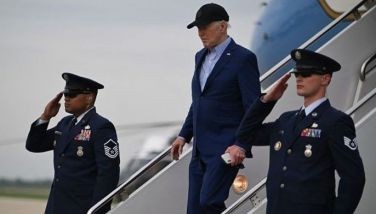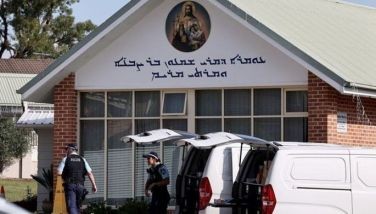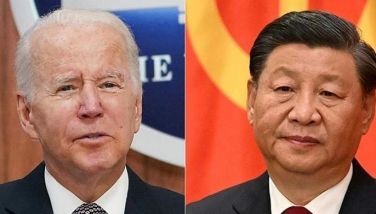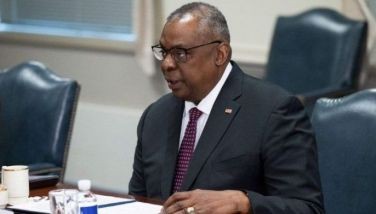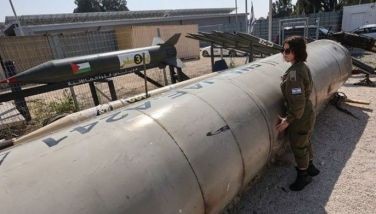Irish pardon deserters who joined Britain in WWII
DUBLIN — The Irish government said yesterday it is pardoning nearly 5,000 men who deserted its armed forces to fight for Britain during World War II, an episode of history that brought shame and embarrassment to neutral Ireland.
Justice Minister Alan Shatter said a bill pardoning the men — mostly posthumously — and apologizing to their families would be introduced and passed into law yesterday. The move comes a year after he issued an official state apology to the men, who because of a government blacklist suffered job discrimination and loss of pension rights at war's end, condemning their families to poverty.
Shatter said the Second World War Amnesty and Immunity Bill was long overdue because barely 100 of the war veterans are still alive. The bill describes their 1945 punishments as "unduly harsh" and ensures that no surviving deserter could face a court-martial if returning to Ireland from exile abroad.
Shatter said it should remove "any tarnish from their name or reputation" and highlight the reality that, by joining the British army, navy or air force, those Irishmen did most to protect Ireland's independence, despite the official hostility back home.
"Had Germany successfully invaded Great Britain, Ireland was next on the list. These individuals made a substantial contribution to protect the sovereignty of this country," Shatter said.
Peter Mulvany, coordinator of a lobbying group called the Irish Soldiers Pardons Campaign, welcomed the government move as "compassionate and wise."
Mulvany, a retired Dublin bus driver, said Ireland treated the returning war veterans "horrendously," with their ability to find work crippled and expected retirement benefits impounded.
"If you were in the British army, you were regarded as a traitor. Neighbors turned against each other, and people were isolated," he said.
More than a tenth of soldiers in Ireland's military left their duties without permission to join the British forces during the 1939-45 war. Ireland, then known as the Irish Free State following its 1919-21 war of independence from Britain, remained studiously neutral.
Ireland barred the Allies' Atlantic convoys from sheltering in Irish ports, refused to accept Jewish refugees from continental Europe, and maintained cordial diplomatic relations with both Germany and Japan throughout the war. The prime minister, Eamon de Valera, was the only western leader to offer condolences to Germany following Hitler's death in April 1945.
As Japan surrendered in August 1945, Ireland drew up a list of around 4,800 men who had disappeared from Irish military duty to join Britain's armed forces. Dublin lawmakers passed an emergency measure that targeted these men, barring them from all taxpayer-funded jobs, including as postmen or garbage collectors. Those families targeted by the list called it a "starvation order."
Gerald Nash, a lawmaker who led the campaign for yesterday's bill, called the 1945 crackdown on deserters "a vindictive measure illustrative of an Ireland early in its independence and uncomfortable in its relationship with Britain and the wider world."
- Latest
- Trending














